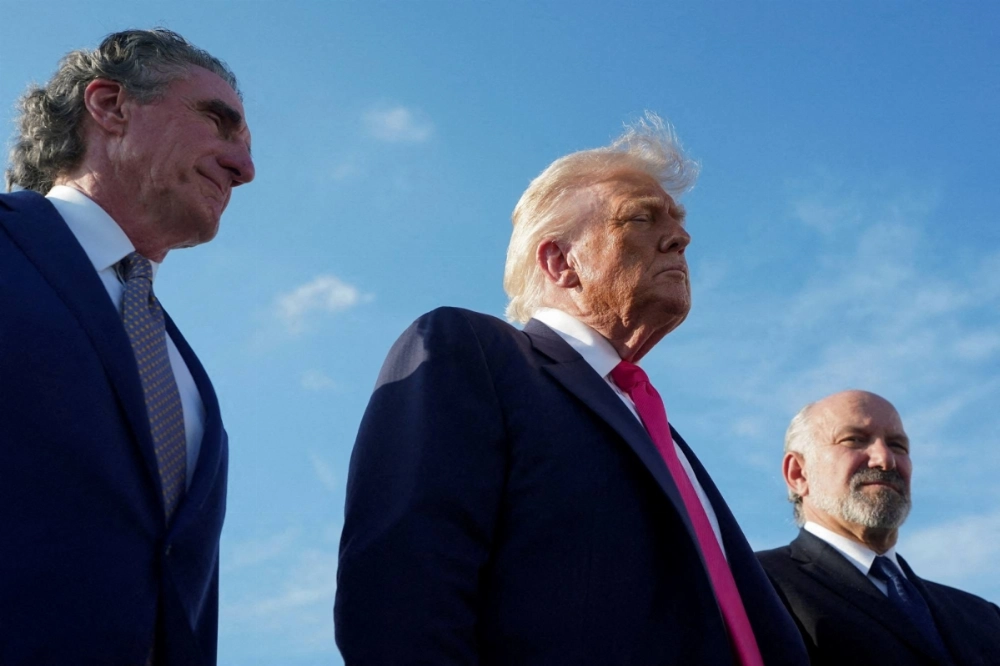U.S. President Donald Trump expressed frustration with Japan over trade and said that its "reciprocal" tariff rate of 25%, mentioned in a letter sent to Prime Minister Shigeru Ishiba last week, might simply be allowed to go into effect on Aug. 1.
“The letters are a deal,” Trump told reporters on Tuesday at Joint Base Andrews in Maryland, with U.S. Commerce Secretary Howard Lutnick standing by his side.
“I will veer from those deals on occasion when somebody is willing — like if Japan would open up their country," he added. "They don’t do that. They just don’t do that. And I don’t subscribe to it one way or the other.

















With your current subscription plan you can comment on stories. However, before writing your first comment, please create a display name in the Profile section of your subscriber account page.